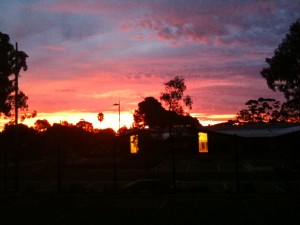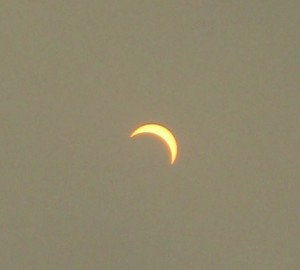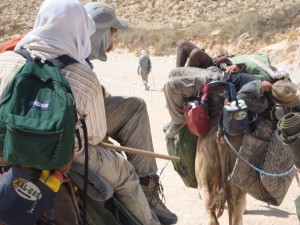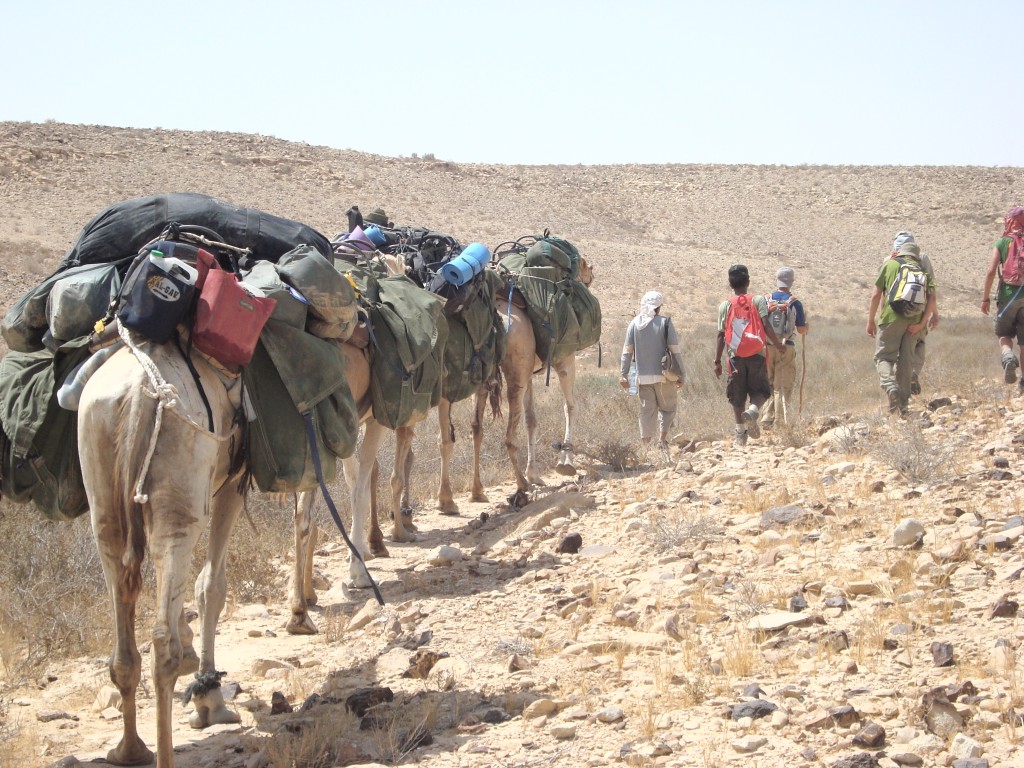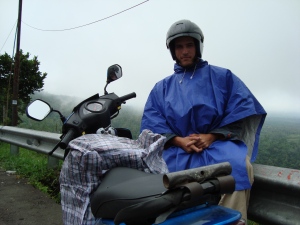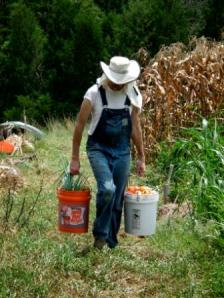
Farmer Ben Picks Kosher Vegetables
So as I blogged about earlier this week, Last Sunday Rachel and I visited a farm where we picked vegetables with farmer Ben and his wife Lisa. http://travelingrabbi.com/2011/08/08/rabbi-ben-meets-farmer-ben/
The farm is in a beautiful area which is on a one hundred acre plot of land. There is a small pond where Rachel caught a fish, and a river that runs alongside the property. Most impressive is an old colonial home with the first parts built in the 1700’s. It has the old colonial charm to it. Walking through it is like going back in time. Some of the furniture in there must be a couple hundred years old.
Farmer Ben does not grow stuff on all one hundred acres. He uses a small area where he rotates various crops as the seasons change.
Being a traveling Rabbi, I had to check out that all was okay from a halachic point of view. There are many laws of farming that apply but more so in the land of Israel. Outside of Israel, the main two laws would be ‘Kilayim’ and ‘Orlah.’
Kilayim is the prohibition of growing certain produce together. Grape vines may not be planted alongside grains and vegetables. Further, there are certain vegetables, legumes, and grains that are Biblically prohibited to be planted together.
The other prohibition to take into account is ‘Orlah.’ After planting a fruit tree, the fruit is forbidden to be eaten for the first three years. Fruit means anything on which we say the blessing ‘Borei Pri Ha’etz.’ Thus, grapes and blueberries are fruits and one would need to wait three years from planting before eating their fruits.
Tomatoes, though some may consider them a fruit, are a vegetable according to the Torah. One would not have to wait three years before eating them. This would be impossible. The same with bananas, on which we say the blessing ‘Ha’adama;’ they are not considered to be a fruit according to the Torah.
Anyway, Farmer Ben’s farm was kosher and in perfect order. And the vegetables that we are now eating are delicious!
Read More


